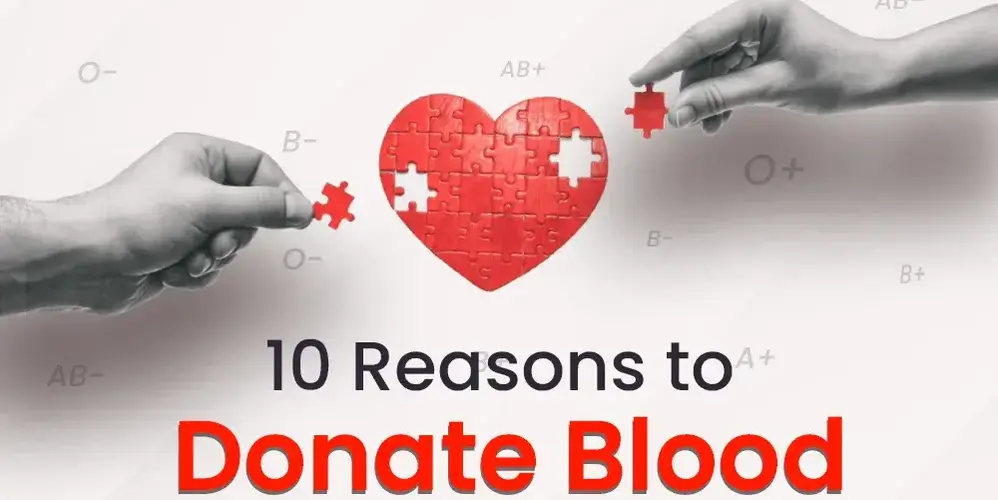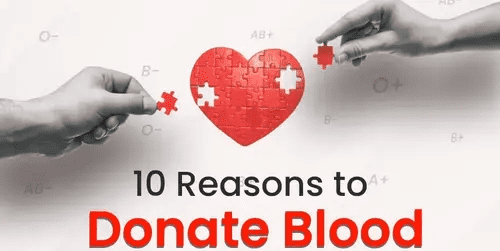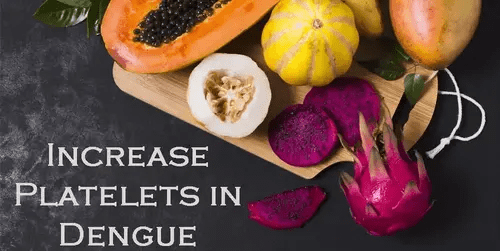
Donating blood stands as a remarkably simple act that carries profound implications. A single donation can transform the lives of those facing medical crises, chronic conditions, and unexpected emergencies. If you’re searching for a deeply meaningful way to contribute to your community and the world at large, here are ten expanded reasons why donating blood merits your serious consideration.
Top 10 Reasons to Donate Blood
1. Save Lives (And Not Just One)
The paramount reason for donating blood lies in its unparalleled lifesaving potential. A single blood donation can be separated into multiple components – red blood cells, platelets, and plasma – each with the ability to assist different patients. Whether it’s aiding someone undergoing complex surgery, a victim of severe trauma, or an individual battling cancer, sickle cell disease, or other blood disorders, your donation becomes a lifeline of hope and healing.
2. Give Back to Your Community (Where It Matters)
Blood donation is a profoundly local act of compassion. When you donate, your blood directly benefits medical facilities and patients in your immediate community. Unlike donations of money or goods that might be distributed nationally or even internationally, your donated blood stays close to home, providing crucial support to local hospitals, clinics, and the people they serve.
3. Free Mini Check-Up (A Quick Health Snapshot)
Before each donation, you’ll receive a brief, complimentary health screening to ensure your suitability to donate. This mini check-up includes assessments of your blood pressure, pulse, temperature, and hemoglobin (iron) levels. These basic vital signs can provide valuable insights, offering a quick snapshot of your current health status.
4. Potential Health Benefits (Beyond Altruism)
While always prioritizing the needs of others, some interesting research indicates there may be potential health benefits for regular blood donors. Donating blood can help reduce excess iron stores in the body, which might otherwise be linked to increased risks of heart disease. Additionally, some studies suggest that regular blood donation may be associated with a slightly lowered risk of heart attack and specific types of cancer, though more research is needed in this area.
5. Replenish Your Blood Supply (Stimulate Renewal)
The human body possesses a remarkable ability to adapt and regenerate. After donating blood, your body works diligently to replace the lost volume, typically within a few days. This replenishment process triggers the production of fresh new blood cells, keeping your body’s own blood supply vibrant and healthy for your well-being.
6. Feel-Good Factor (Purpose And Well-being)
The satisfaction of knowing you’ve selflessly improved the life of another is incredibly rewarding. Blood donation fosters a profound sense of generosity, purpose, and positive connection to your community. This act of kindness not only helps others but can also enhance your emotional well-being and contribute to your overall happiness.
7. Easy and Safe (Trained Professionals Are There)
The process of donate blood is safe, straightforward, and carefully supervised by trained medical professionals. Each step is designed to ensure your safety and comfort, from the initial health screening to the donation procedure itself, and through a brief rest period afterward. While a slight pinch from the needle is to be expected, discomfort is typically minimal and fleeting.
8. Overcome Your Fears (And Help Others Too)
Suppose you have a mild fear of needles or a slight aversion to medical settings. In that case, donating blood can be a positive way to confront these anxieties head-on while simultaneously making a powerful difference. The supportive environment of blood donation centers and the knowledge that you’re helping others can empower you to conquer these minor fears and build confidence with each donation.
9. The Supply is Always In Demand (No Substitute Exists)
Unlike many manufactured goods, there is no artificial substitute for human blood. Hospitals and blood banks maintain a constant need for donations to ensure they can support patients of all blood types during emergencies, treatments, and routine procedures. While medical science has made tremendous strides, blood remains irreplaceable and relies entirely on the kindness of healthy donors. Your donation helps maintain a critical lifeline for those in need.
10. You Could Be Someone’s Hero (The Ripple Effect)
Life can be unpredictable, and any one of us could experience a situation where a blood transfusion becomes necessary. Donating blood means offering support that could save a loved one or even a stranger. Your kindness can start a ripple effect of healing and hope.





